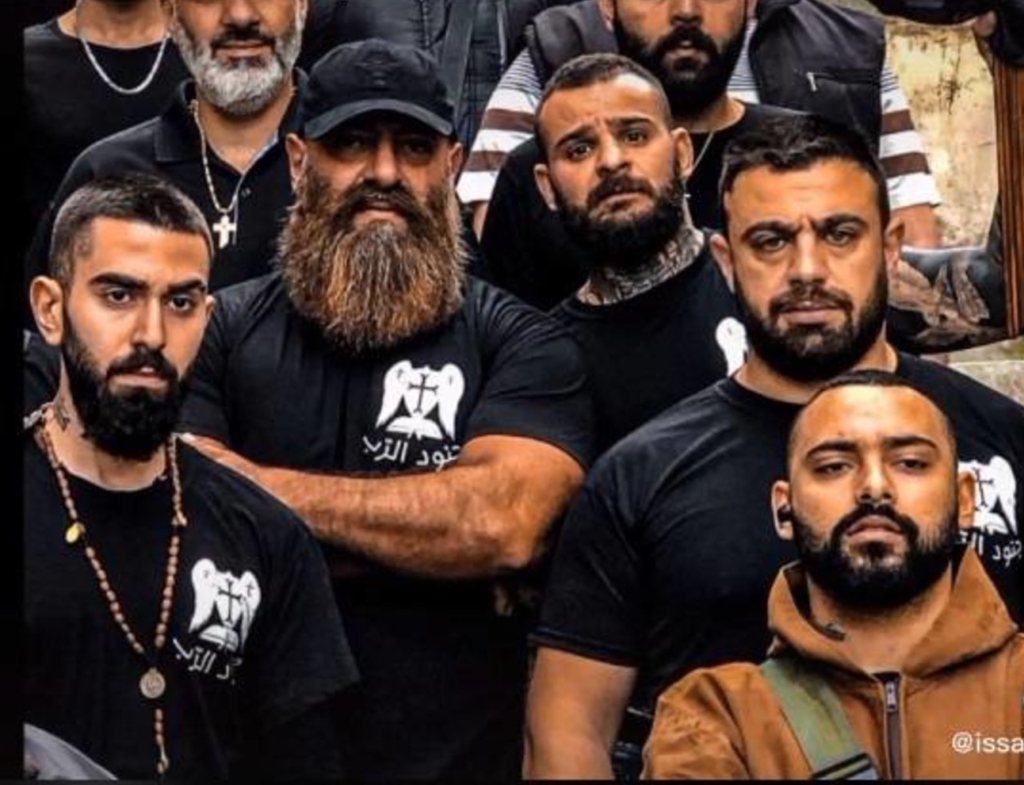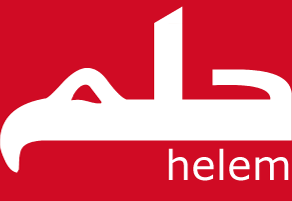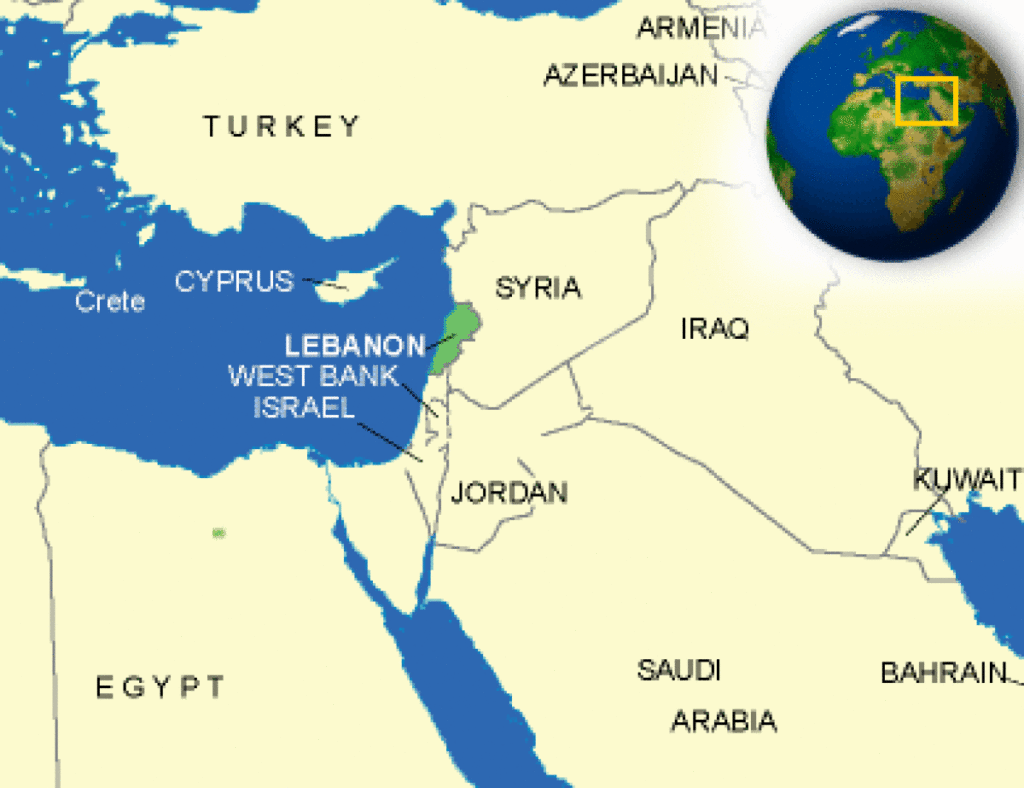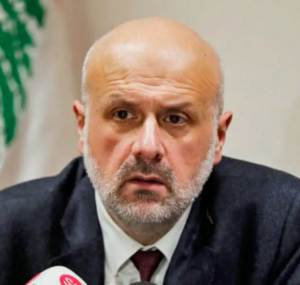Violence and anti-gay bills target LGBTQ people in Lebanon
Colin Stewart is a 45-year journalism veteran living in Southern…
The LGBTQ community in Lebanon is under fire from extremist Christians, extremist Muslims, and the government.

As homophobic violence surges in Lebanon, the Lebanese government has tried to ban pro-LGBTQ events and is considering passage of bills that would explicitly criminalize same-sex intimacy.
A coalition of local and international human rights organizations protested that:
- Lebanese authorities are systematically attacking the fundamental human rights of LGBTI people.
- As Lebanon sinks deeper into crisis, the authorities are cracking down on the rights of LGBTI people and allowing unchecked violence against them.
The coalition declared that:
- Lebanese authorities should immediately scrap the proposed anti-LGBTI laws and end the ongoing attacks on basic freedoms.
The Associated Press reported:
Lebanon was once seen as a place of relative tolerance in the region when it comes to LGBTQ+ rights. That has changed in recent years, as crackdowns on free speech and expression have surged. In recent months, both rhetoric by politicians and harassment by individuals have increased.
Last week, several dozen men from a Christian extremist group dubbing itself the Soldiers of God trashed a Beirut club hosting a drag show. They beat up several people, driving some patrons to hide in a bathroom.
“This is the venue of Satan!” one member yelled while filming on his mobile phone. “Promoting homosexuality is not allowed! This is just the beginning!”
The education minister also recently banned a game of Chutes and Ladders that was distributed to schools as part of a USAID project because it was decorated with a rainbow, Lebanese media reported. A video circulated online showing a man in the northern city of Tripoli using black paint to cross out a rainbow on the side of a van distributing books.

In early August, Culture Minister Mohammed Murtada requested for the General Security Directorate to ban the movie “Barbie,” saying it “promotes homosexuality and transgenders.” The Directorate, however, ruled that the movie is permitted, and it is reportedly expected to start showing in early September.
The Islamic Cultural Center submitted a request to the public prosecutor’s office to shut down Helem, the first LGBTQ+ rights organization in Lebanon and the Arab World, founded in 2004. The prosecutor’s office referred the case to the Interior Ministry, which has not yet acted on it.
Some shops have removed rainbow-decorated cakes or T-shirts from display. In June, the Interior Ministry restricted events connected to Pride month.
The anti-LGBTQ+ campaign is being spearheaded by religious figures from Lebanon’s multiple of Christian and Muslim sects, as well as political officials.
In a meeting earlier this month, caretaker Prime Minister Najib Mikati, several government ministers and the head of the Maronite Church Cardinal Beshara Rai discussed homosexuality. Afterward, the premier told reporters that “there is unanimity to abide by moral Lebanese and family values.”
Hassan Nasrallah, the leader of the Shiite militant group Hezbollah, called in a recent speech for the death penalty on people engaged in same-sex acts, calling homosexuality “a clear and present danger.” He accused NGOs of circulating books for school children that promote homosexuality and called for the books to be banned.
The group Soldiers of God was formed in 2019 as a sort of Christian self-defense group. Its young men would tour Beirut’s predominantly Christian eastern neighborhoods acting as guards against strangers coming in — at a time when frictions with rival supporters of Hezbollah often broke out.
In the following press release, the Coalition to Defend Freedom of Expression described the worsening situation:
Lebanon: Attack on Freedoms Targets LGBTI People
Repressive Legislation; Unlawful Crackdown

(Beirut, September 5, 2023) – Lebanese authorities are systematically attacking the fundamental human rights of lesbian, gay, bisexual, transgender, and intersex (LGBTI) people, the Coalition to Defend Freedom of Expression in Lebanon, comprised of fifteen Lebanese and international organizations, said today.
In August 2023, two Lebanese officials introduced separate bills that would explicitly criminalize same-sex relations between consenting adults and punish anyone who “promotes homosexuality” with up to three years’ in prison. The introduction of the bills follows a series of hostile incidents over the past year and an unlawful ministerial ban on events around homosexuality. These attacks are taking place during a crippling economic crisis that has had disastrous consequences for human rights and pushed over 80 percent of the population into poverty, particularly impacting marginalized groups.
“As Lebanon sinks deeper into crisis, the authorities are cracking down on the rights of LGBTI people and allowing unchecked violence against them,” said Rasha Younes, senior LGBT rights researcher at Human Rights Watch, a coalition member. “The Lebanese authorities should immediately scrap the proposed anti-LGBTI laws and end the ongoing attacks on basic freedoms.”
The Lebanese authorities should safeguard the rights to freedom of expression, assembly, association, privacy, equality, and nondiscrimination of everyone in Lebanon, including LGBTI people, the coalition said.
Human Rights Watch, in addition to other Coalition members, has previously documented the abuses included in this report, which have been ongoing since 2017, as well as recent attacks targeting LGBTI people in Lebanon. Coalition members also reviewed the videos, social media posts, and government reports mentioned in this report.
Though consensual same-sex conduct is not explicitly criminalized in Lebanon, article 534 of the penal code punishes “any sexual intercourse contrary to the order of nature” with up to one year in prison, despite a series of court rulings between 2007 and 2018 that consensual same-sex relations are not illegal. In July 2023, nine members of parliament submitted a draft law to repeal article 534. The draft law’s signatories have since been subjected to an online harassment campaign from political and religious authorities, resulting in one parliament member withdrawing his signature.
In response, the country’s culture minister and a member of parliament both submitted bills that would criminalize same-sex conduct and “promoting homosexuality,” which is undefined.
On August 23, men from a group that calls itself Soldiers of God, which is openly hostile toward LGBTI people, attacked people at a bar in Beirut where a drag event was being held, beat up some of the attendees while they were attempting to leave, and threatened further violence against LGBTI people.

Internal Security Forces agents, who arrived while the attack was under way, reportedly did not intervene. Instead, they apparently interrogated the bar owner and guests about the nature of the performance. No one has been arrested for the attack.
In June 2022, Lebanon’s caretaker interior minister, Bassam al-Mawlawi, issued an unlawful directive instructing security forces to ban pro-LGBTI events. Despite a court order in November 2022 suspending the directive, al-Mawlawi issued a second directive banning any “conference, activity, or demonstration related to or addressing homosexuality.”
Since 2017, Lebanese security forces have regularly interfered with human rights events related to gender and sexuality, including by issuing entry bans against non-Lebanese attendees, which were annulled in 2021 according to judicial decisions.
The series of attacks on fundamental freedoms in a country once proud to embrace diversity sparked backlash against state-sponsored repression by media organizations and civil society in Lebanon who stood in solidarity with LGBTI people.
On August 25, 18 media organizations in Lebanon issued a joint statement rejecting the recent crackdown on freedoms, including the targeting of LGBTI people, and calling for unity in the fight against it. “[The] demonization of freedoms, in their various forms, under the guise of ‘combating homosexuality,’ will inevitably impact all public freedoms,” the groups and individuals said.
Reporters sans frontières (Reporters Without Borders or RSF) also condemned the proposed anti-homosexuality laws as justification for a renewed attack on media freedom. The group documented recent cases of cyberstalking, threats, and intimidation against journalists who report on gender and sexuality issues in Lebanon.
Discrimination in providing protection against violence and access to justice is prohibited under international law. In 2021, during the Universal Periodic Review of Lebanon’s human rights protections at the UN Human Rights Council, Lebanon accepted recommendations to ensure the rights to peaceful assembly and expression for LGBTI people. Lebanon’s constitution also guarantees freedom of expression “within the limits established by law.”
The International Covenant on Civil and Political Rights (ICCPR), which Lebanon ratified in 1972, provides that everyone shall have the right to freedom of expression, assembly, and association, without discrimination.
“Far from serving the public interest, the Lebanese government is undermining basic rights while failing to enact urgent economic and justice reforms,” said Wadih Al-Asmar, president of the Lebanese Center for Human Rights (CLDH), a coalition member. “LGBTI rights are fundamental human rights and stifling them as an excuse to keep a portion of society marginalized under the false pretext of so-called public morals is detrimental to everyone’s human rights.”
Members of the Coalition
Act for Human Rights (ALEF)
Amnesty International
Alternative Media Syndicate
DARAJ Media
Helem
Human Rights Watch
Lebanese Association for Democratic Elections (LADE)
Legal Agenda
Maharat Foundation
Media Association for Peace (MAPP)
MENA Rights Group
Samir Kassir Foundation
SEEDS for Legal Initiatives
Social Media Exchange (SMEX)
The Lebanese Center for Human Rights (CLDH)




